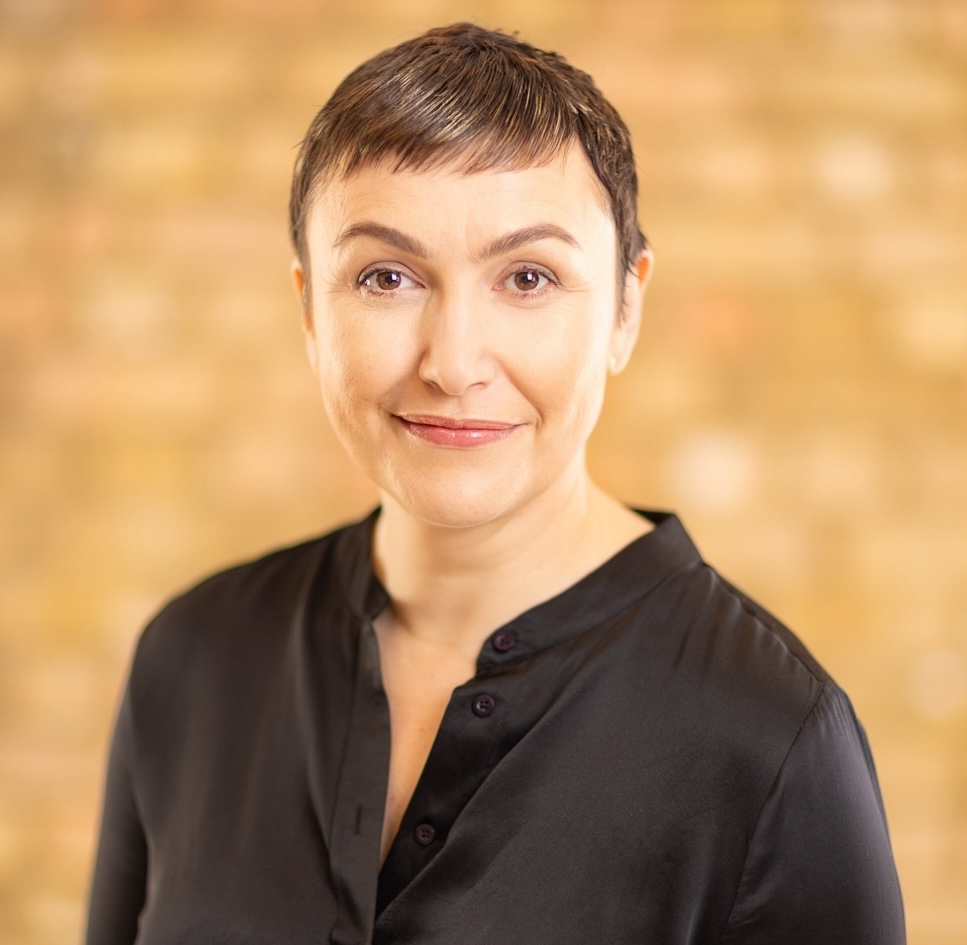Elena Simperl – King’s College London, Open Data Institute
Knowledge engineering: from people to machines and back
Knowledge engineering is about building and maintaining knowledge-based systems. As a field, it occupies a unique niche between software engineering, which involves crafting software that represents knowledge computationally, and AI, where software can reason upon knowledge representations to emulate human thought. During this talk, I shall delve into my personal journey within the realm of knowledge engineering. This journey afforded me insights into various methodologies and techniques across disciplines. Initially centred on attempts to reuse medical knowledge bases, it broadened my scope to contemplate principles, approaches, and tools for enhancing data and knowledge reuse across diverse applications.

It taught me the importance of fostering inclusivity and participation to ensure that, amidst the rise of large language models as an alternative knowledge representation, knowledge graphs persist in their pivotal role in upholding the truth infrastructure of the Internet.
Bio: Elena Simperl is a Professor of Computer at King’s College London and the Director of Research for the Open Data Institute (ODI). She is a Fellow of the British Computer Society and the Royal Society of Arts, and a Hans Fischer Senior Fellow. Elena’s work is at the intersection between AI and social computing. She features in the top 100 most influential scholars in knowledge engineering of the last decade and in the Women in AI 2000 ranking. She is the president of the Semantic Web Sciences Association.
Peter Clark – Allen Institute for AI
Structured Reasoning with Language

The Semantic Web was born from the need to reason over informal content (e.g., Web text), based on a fundamental premise: computers cannot process most of the information stored on Web pages.
It has led to major advances in knowledge representation, knowledge graphs, reasoning at scale, and more.
Today, though, language models (LMs) have ruptured the original premise: they showing surprising skill at processing text directly, offering new opportunities for knowledge management and the Semantic Web vision.
In this talk, I’ll illustrate three such opportunities we have been exploring: structured reasoning directly over natural language (NL) statements (NL inference); using LMs as tools for building formal and semi-formal world models; and using NL communication between agents to building robust multi-agent services. Finally I’ll speculate on what the future information world might look like with our new LM companions at our side.
Bio: Peter Clark is a Senior Research Director and founding member of the Allen Institute for AI (AI2). He leads AI2’s Aristo Project, aiming to build the next generation of systems that can systematically reason, explain, and continually improve over time. He received his Ph.D. in 1991, has published over 250 papers, and has received several awards, including four Best Paper awards (AAAI, EMNLP, AKBC), a Boeing Associate Technical Fellowship (2004), and Senior Member of AAAI.
Katariina Kari – Inter IKEA Systems B.V.
What Over 7 Years of Building Enterprise Knowledge Graphs Has Taught Me About Theory and Practise

Since 2017 I have applied semantic web technologies with the lifestyle e-commerce sector, first at Zalando and since 2021 at Inter IKEA Systems B.V. Both companies face the same problems of siloed data and no way of translating between the meaning around their product data.
What I have learned over those years is a set sequence of events that build up the Knowledge Graph capabilities of a company and take them towards semantically driven applications. Contrary to textbook examples, the work never starts with a top ontology nor with OWL reasoning. However, those do come into play around the ark from where a knowledge graph project started.
Bio: Katariina Kari is the lead ontologist at Inter IKEA Systems B.V. Katariina holds both a Master of Science and a Master of Music and is specialized in the semantic web. At Inter IKEA, she models the IKEA Knowledge Graph; a common vocabulary to offer customers compelling interior design solutions in the digital space. In her free time, Katariina advises institutions, such as chamber music festivals, in digitalisation, guiding the humanities to the digital age.